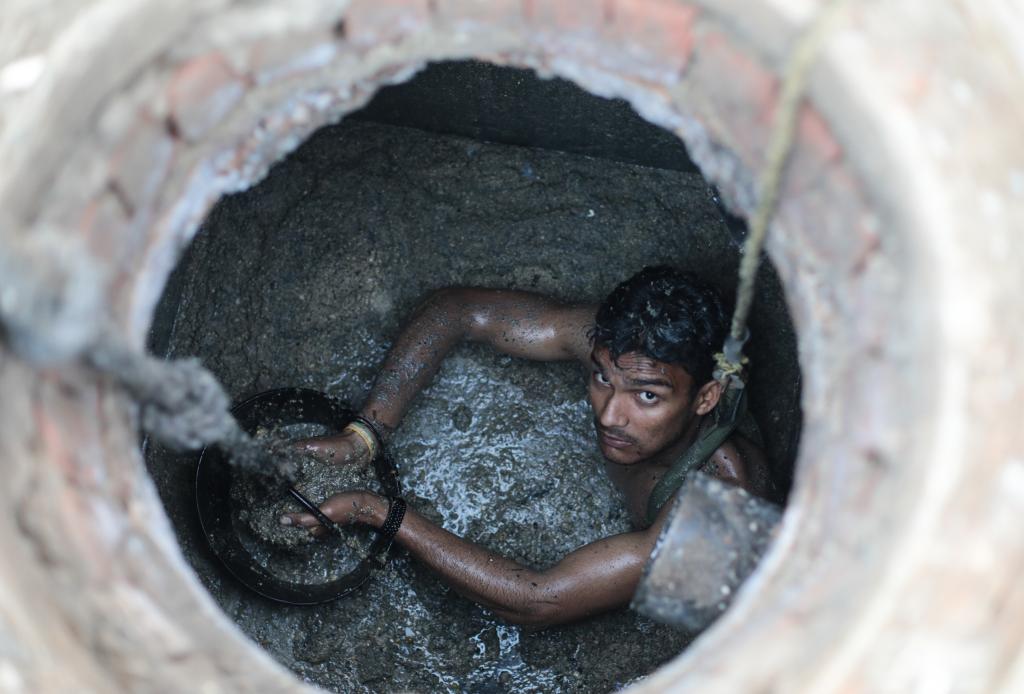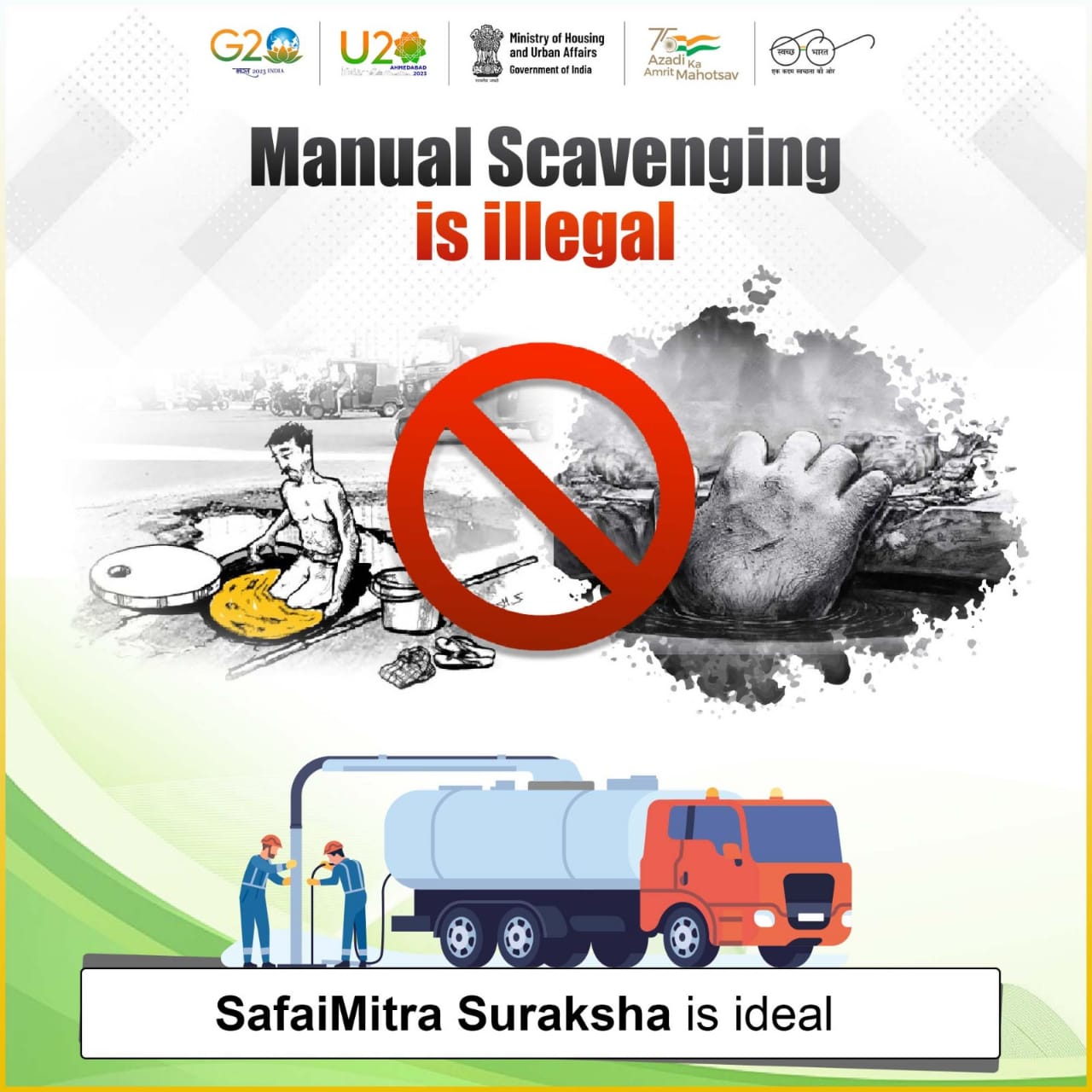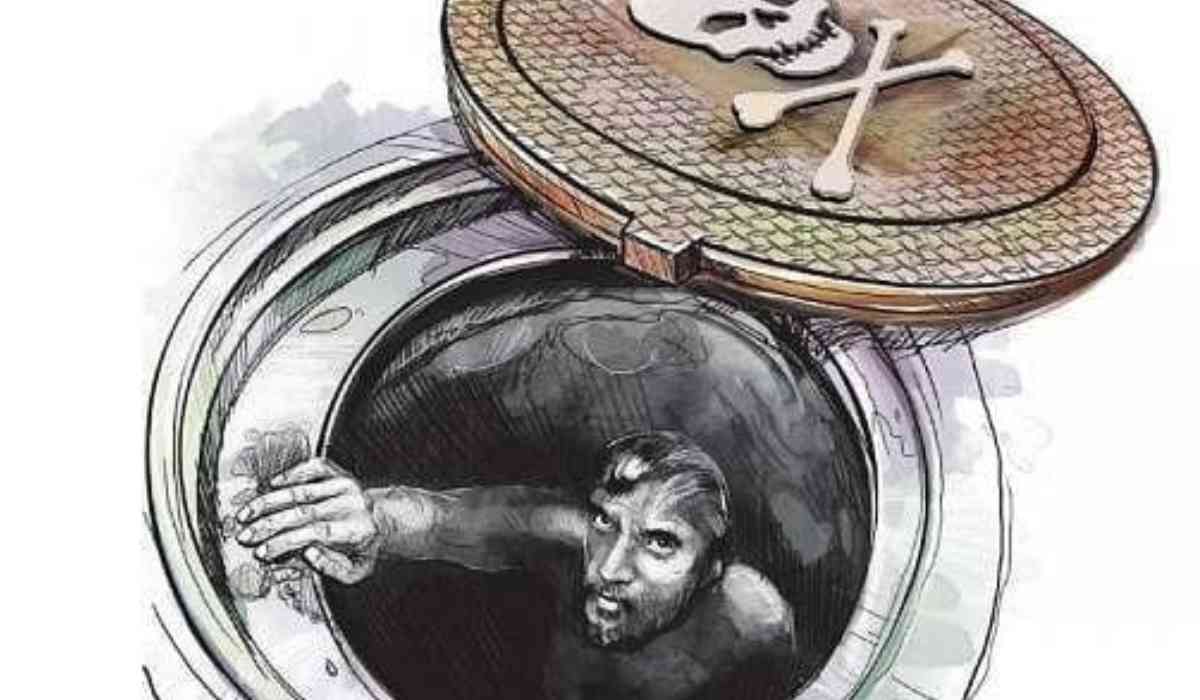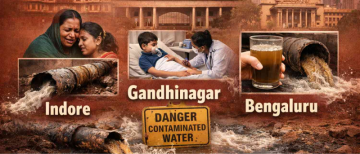The Bench of Supreme court comprising S Ravindra Bhat and Aravind Kumar on Friday expressed deep concern over the still existence of Manual Scavenging, a degrading practice in India and directed both Union and State Government authorities to eradicate manual scavenging completely.
On Friday, October 20, The Supreme court issued an order to mandate the Government to provide compensation to the families of those who are engaged in cleaning sewers. The compensation of ₹30 lakh was to be provided to the families of those who die while cleaning sewers by the authorities.
The court further ruled that individuals who suffer permanent disabilities while being engaged in sewer cleaning will receive a minimum compensation of ₹20 lakhs. Justice Bhat stated that the authorities would be liable to pay ₹10 lakh if the cleaner suffers additional disabilities.

The bench also issued a comprehensive set of fourteen directives to guide the Union and State Governments in effectively implement the 2013 Act of Prohibition of Employment as Manual Scavengers and their Rehabilitation.
Additionally, the bench instructed proactive measures for the rehabilitation of both the victims and their families, including provisions for scholarships and various skill development programs. The bench emphasised on the directive that government agencies must collaborate to prevent such incidents from happening. Furthermore, the bench emphasised that High Courts are not restricted from overseeing cases pertaining to sewer-related fatalities.
The judgement was delivered in response to the case- Balram Singh v. Union of India, a Public Interest Litigation (PIL) filed to challenge the employment of manual scavengers. However, the detailed order is still awaited.
Justice Bhat quoted Dr. Ambedkar's words during the judgement, emphasising that their battle was not for wealth or power but for freedom and the restoration of human dignity.
Fatalities caused due to cleaning sewers
As reported by PTI, Government data presented in the Lok Sabha in July 2022 revealed that over the past five years, a total of 347 fatalities were caused due to sewer and septic tank cleaning in India. A significant portion of these fatalities, around 40 %, occurred in Uttar Pradesh, Tamil Nadu, and Delhi.
Last year, The government also informed the Rajya Sabha that a total of 58,098 manual scavengers were identified in two surveys conducted in 2013 and 2018 across the country.
Manual Scavenging vs Cleaning sewer - different practices ?
Manual scavenging seems to be still prevalent in today's time. The government however draws a distinction between manual scavenging, which is a caste-based practice involving individuals cleaning human excreta by hand, and the practice of cleaning sewers and septic tanks.
Experts note that the practice of cleaning sewers and septic tanks is essentially an extension of the now-banned manual scavenging, highlighting its existence in a different form.

Manual scavenging has been prohibited under the Prohibition of Employment as Manual Scavengers and their Rehabilitation Act, 2013. Although the caste-based practice was initially banned in 1993, activists claim that it continues to persist despite the legal prohibition.
Netizens on social media have welcomed this order of the Supreme court and view it as a significant milestone in the fight against such humanly degrading practice.
PC: X
© Copyright 2023. All Rights Reserved Powered by Vygr Media.




















